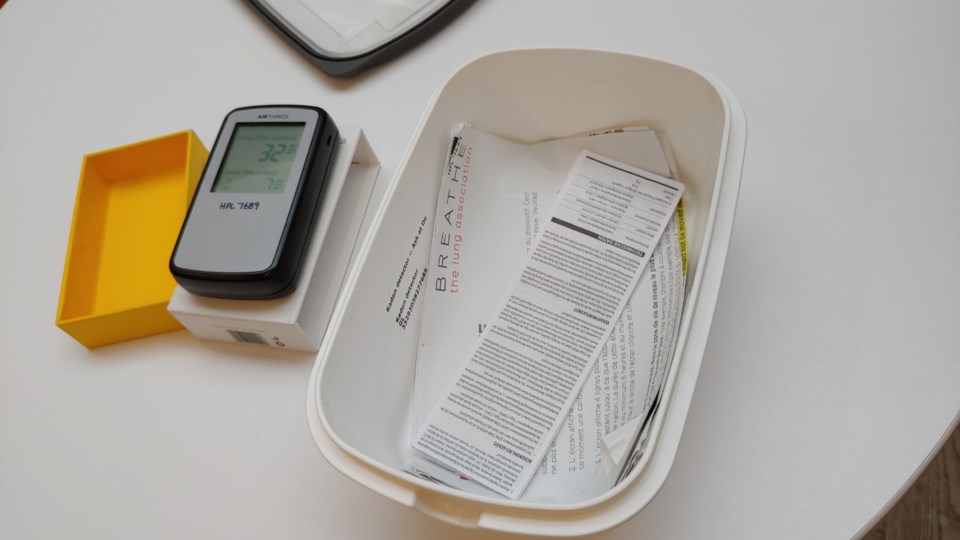The City of Greater Sudbury has closed the Onaping Falls Community Centre basement due to high radon levels.
The closure is considered temporary while remediation work such as ventilation improvements are done immediately, the city clarified in a media release. The space will be retested once the work is completed.
“The Radiation Safety Institute of Canada has indicated there is no immediate danger to past or current users of the area and no need to evacuate or stop using the area,” the city wrote, noting the closure was done out of an “abundance of caution.”
“While there are a number of groups who use the Onaping Community Centre, community use of the basement area is limited,” they note. “City staff are communicating directly with affected user groups.”
The radon testing was done as part of a study conducted by the Occupational Cancer Research Centre, with 45 radon detectors placed in 18 city buildings from Dec. 2022 to March 2023.
Results received on July 18 showed that one location – the west side of the basement at the Onaping Community Centre – had a radon reading of 263 becquerels per cubic metre, which is greater than the Canadian guideline for indoor dwellings of 200 Bq/m3.
The other 44 radon detectors, including three others within the Onaping Community Centre, recorded levels within the Canadian guidelines.
Five of those showed readings between 100-200 Bq/m3. Although within guidelines, the city is exploring mitigation measures for these areas to reduce the levels as much as possible.
Other tests measured lower than 100 Bq/m3.
Radon is a naturally occurring radioactive material produced during a decay process from the radioactive element uranium, which can be found globally in soil, bedrock and mineral deposits, the city noted in a media release.
Several years ago, Health Canada estimated that approximately five per cent of Sudbury homes exceed radon measurements of 200 Bq/m3, and one per cent exceed 600 Bq/m3.
